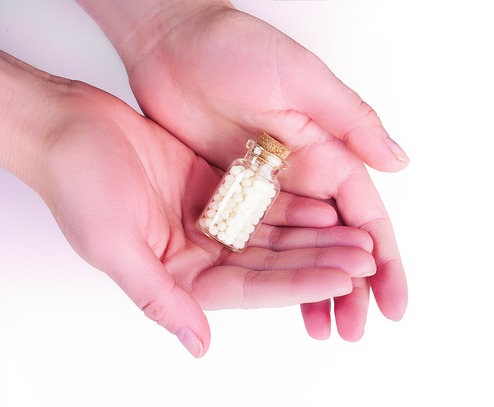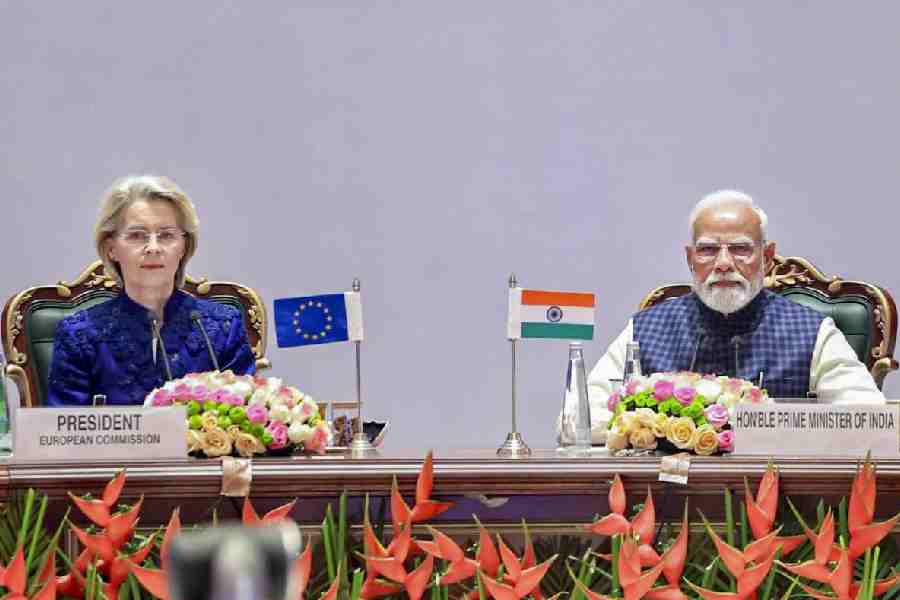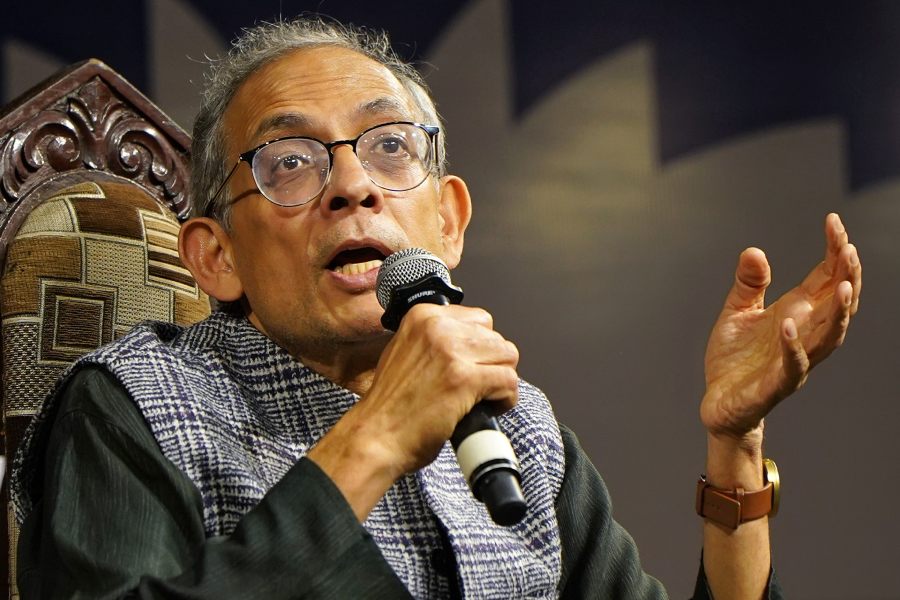
As a man of modern medicine, I have always believed that homeopathy is bogus though I did not openly denounce it to maintain peace at home. After he retired, my father got himself an online qualification in the subject and started a free homeo clinic at home. When he waxed eloquent on the benefits of homeopathy, I did not contradict him to avoid friction. My wife and other doctor friends too held their tongue though it must not have been easy to listen to praises of homeopathy for practitioners of evidence-based medicine.
Evidence-based medicine is an approach to medical practice that emphasises the use of evidence from well-designed and well-conducted research. In other words, modern doctors only follow procedures of treatment or prescribe medicines that have been proven to be effective by solid research. Homeopathy has no such claim to fame - at best its claim of efficacy is based on individual case studies; there is no evidence from large-scale scientific studies to prove its worth as there is in modern medicine (also referred to as allopathy in India and nowhere else in the world).
The cornerstone of evidence-based medicine is randomised control trials, the final proof of efficacy of a drug or treatment. These are studies in which similar groups of patients are given a test drug or a placebo and statistical methods used to verify that the drug has indeed improved the condition of the patient. The way these trials are conducted in the real world, however, leave much to be desired. I realised this when I worked for a stem cell development company and was in charge of its clinical trials in Malaysia.
Better men - in this case women - than me have spoken out against this issue. One of them is Marcia Angell, doctor, author and former editor-in-chief of New England Journal of Medicine (NEJM), the oldest continuously published medical journal where she worked for two decades.
In her 2009 article, Drug Companies & Doctors: A Story of Corruption, published in The New York Review of Books magazine, Angell writes that the long hand of the pharma industry vitiates most studies, and randomised control trials, even when published in the NEJM, are difficult to believe. "Conflicts of interest and biases exist in virtually every field of medicine, particularly those that rely heavily on drugs or devices. It is simply no longer possible to believe much of the clinical research that is published, or to rely on the judgement of trusted physicians or authoritative medical guidelines," she writes.
In that context she mentions the case of Joseph L. Biederman, professor of psychiatry at Harvard Medical School and chief of paediatric psychopharmacology at Harvard's Massachusetts General Hospital. "Thanks largely to him, children as young as two years old are now being diagnosed with bipolar disorder and treated with a cocktail of powerful drugs, many of which were not approved by the Food and Drug Administration (FDA) for that purpose, and none of which were approved for children below ten years of age," says Angell.
Biederman's own studies of the drugs he advocates were, as The New York Times summarised the opinions of its expert sources, "so small and loosely designed that they were largely inconclusive".
In June 2009, an American senate investigation revealed that drug companies, including those that make drugs he advocates for childhood bipolar disorder, had paid Biederman $1.6 million in "consulting" and "speaking" fees between 2000 and 2007. Two of Biederman's colleagues received similar amounts. Incidentally, after the revelation, the president of the Massachusetts General Hospital and the chairman of its physician organisation sent a letter to the concerned doctors expressing not shock over the enormity of the conflicts of interest but sympathy at this "incredibly painful time for these doctors and their families". Go, figure!
Biederman's failure to disclose his Big Pharma payments to his employers (as is required for all Harvard employees) was under investigation for two years in, as journalist Alison Bass describes, "the longest investigation in that school's history". In 2011, the three doctors were finally told that they must refrain from "all industry-sponsored outside activities" for one year, obtain permission for such activities for the next two years, must undergo training and face delays before being considered for "promotion or advancement" as punishment.
This is not an isolated story. Similar horror stories abound from many countries and all fields of medicine.
On the other hand, even when there is evidence from well-conducted studies, doctors are reluctant to change their practice based on it. Usually, that practice is extremely lucrative. For example, there is now evidence that stenting in patients with chronic myocardial ischemia has no benefit but that seems to have no effect on cardiologists worldwide judging by the huge volume of angioplasty still being carried on.
Now that the modern medical community's pride in both randomised control trials and evidence-based medicine has been shown to be not always founded on good science, perhaps we should concede a point to supporters of homeopathy. When suspended between the Scylla of expensive overtreatment and the Charybdis of unproven (but cheap) treatment, it may be sensible to choose the latter. The poor souls who swallow sugar pills for cancerous conditions must, in this case, be considered collateral damage.
DO THEY HELP OR HARM?
• Supporters of homeopathy believe that substances used in treatment should be diluted — lower doses are more potent. This means many remedies are so diluted that not a single molecule of the original “active” substance remains, says the National Institutes of Health, US.
• Any ideas that homeopathic treatments could work “fly in the face of science”, said Dr Edzard Ernst, emeritus professor at the University of Exeter in the UK, who studies complementary medicine. Controlled studies show that outcomes for people who receive homeopathic treatments are indistinguishable from those who receive placebos, Dr Ernst wrote in BMJ.
• Still, because there aren’t any active substances in homeopathic treatment, they are unlikely to cause serious harm, Dr Ernst said.
Source: livescience.com
The writer is a doctor who teaches surgery at the Taylor's University School of Medicine in Selangor, Malaysia










